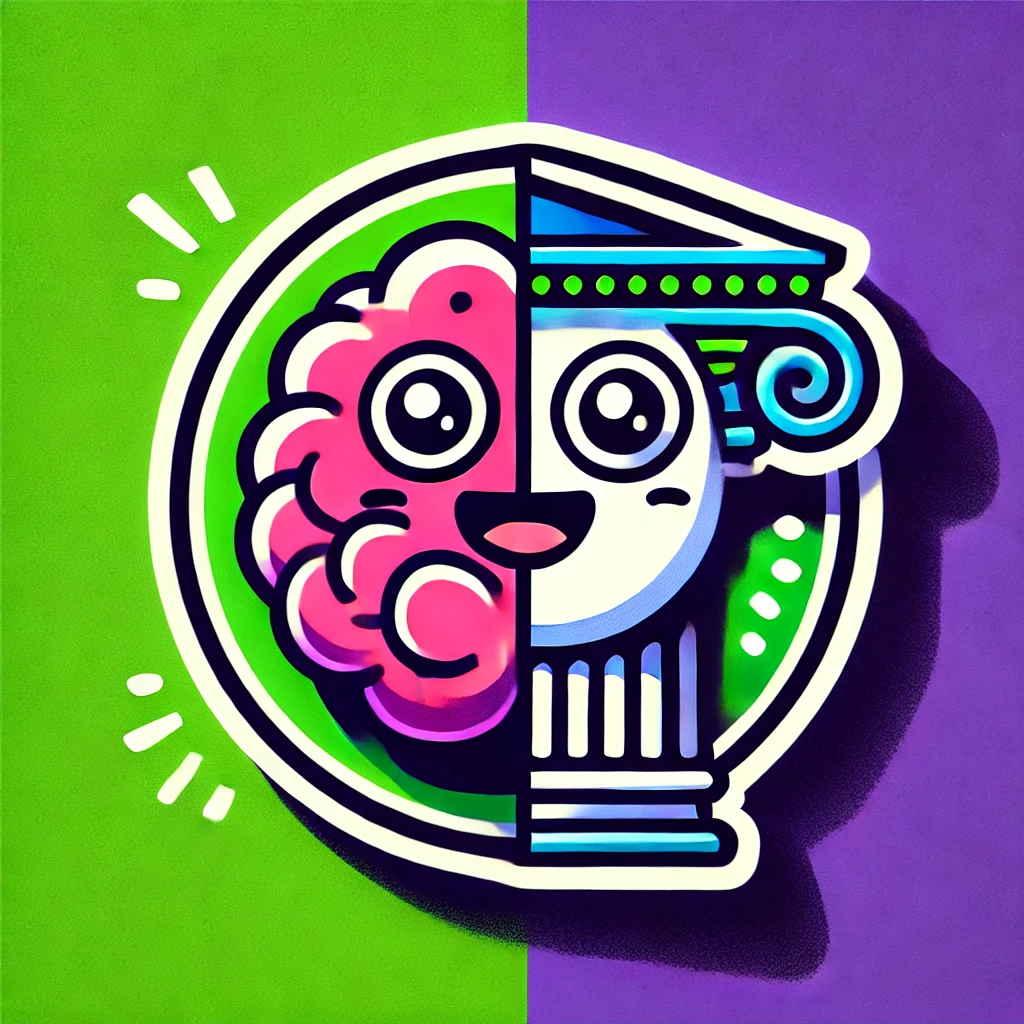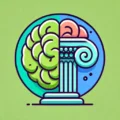Mental health care has come a long way — from ancient beliefs about spirits and humors to today’s advanced diagnostic tools, medications, and brain imaging. But even with all our modern science, there’s one truth we can’t ignore:
Treating the mind requires more than just medicine. It also requires meaning.
That’s where the philosophy of psychiatry comes in.

The Limits of a Purely Medical Model
Traditional psychiatric care often focuses on diagnosing and treating symptoms. Medications, brain chemistry, and clinical guidelines play a central role — and rightfully so. For many patients, these tools bring life-changing relief.
But a purely biological approach can sometimes miss the full picture:
- What is the person’s experience of illness?
- What does recovery look like beyond symptom control?
- How do beliefs, identity, and cultural context shape their journey?
These are philosophical questions. And they are just as important as medical ones.
Are you a clinic owner? Check the Best Mental Health Marketing Agencies in 2026
What Philosophy Adds to Mental Health Care
Philosophy brings reflection, ethical inquiry, and conceptual clarity to psychiatry. It helps clinicians and patients think more deeply about:
- The meaning of diagnosis
- The nature of suffering
- The boundaries of normal vs. abnormal
- The role of values in care decisions
By asking “why” — not just “how” — philosophy gives us a richer, more human-centered approach to mental illness.
This is especially important in areas like:
- Informed consent and autonomy
- Stigma and identity
- Cultural humility in diagnosis and treatment
Psychiatry Needs Both Science and Philosophy
The philosophy of psychiatry does not reject medical science. It works with it — challenging its assumptions, expanding its scope, and guiding its ethical use.
Psychiatric theory becomes stronger when grounded in both evidence and reflection. A diagnosis gains meaning when it’s understood not just clinically, but personally. And mental health professionals make better decisions when they consider the “why” behind their work.
A New Model for Mental Health
At PhilosophyAndPsychiatry.org, we believe the future of mental health care lies not in choosing between science and human understanding — but in integrating them.
Medical knowledge saves lives. Advances in psychiatry, neuroscience, and pharmacology have provided critical tools for diagnosis, treatment, and recovery. These developments are essential, especially for those facing severe mental health conditions.
But science alone is not enough.
Meaning and context make those lives worth living. Each person’s experience of mental illness is shaped by their values, beliefs, relationships, culture, and sense of identity. These dimensions cannot be fully measured by brain scans or checklists — they require empathy, reflection, and conversation.
That’s why we promote a model of care that brings together clinical expertise and philosophical insight. One that respects the individual, honors complexity, and asks deeper questions about what it truly means to heal.
This is the power of combining medicine and meaning — and it’s how we begin to build a more thoughtful, compassionate, and effective approach to mental health.
Check The Origins of the Philosophy of Psychiatry Movement
Continue the Conversation
Join us in exploring how science, values, and human experience come together in modern mental health care.
Related Topics:
- Philosophy of psychiatry
- Medical ethics and mental health
- Patient-centered care
- Cultural issues in psychiatry
Go To PhilosophyAndPsychiatry
